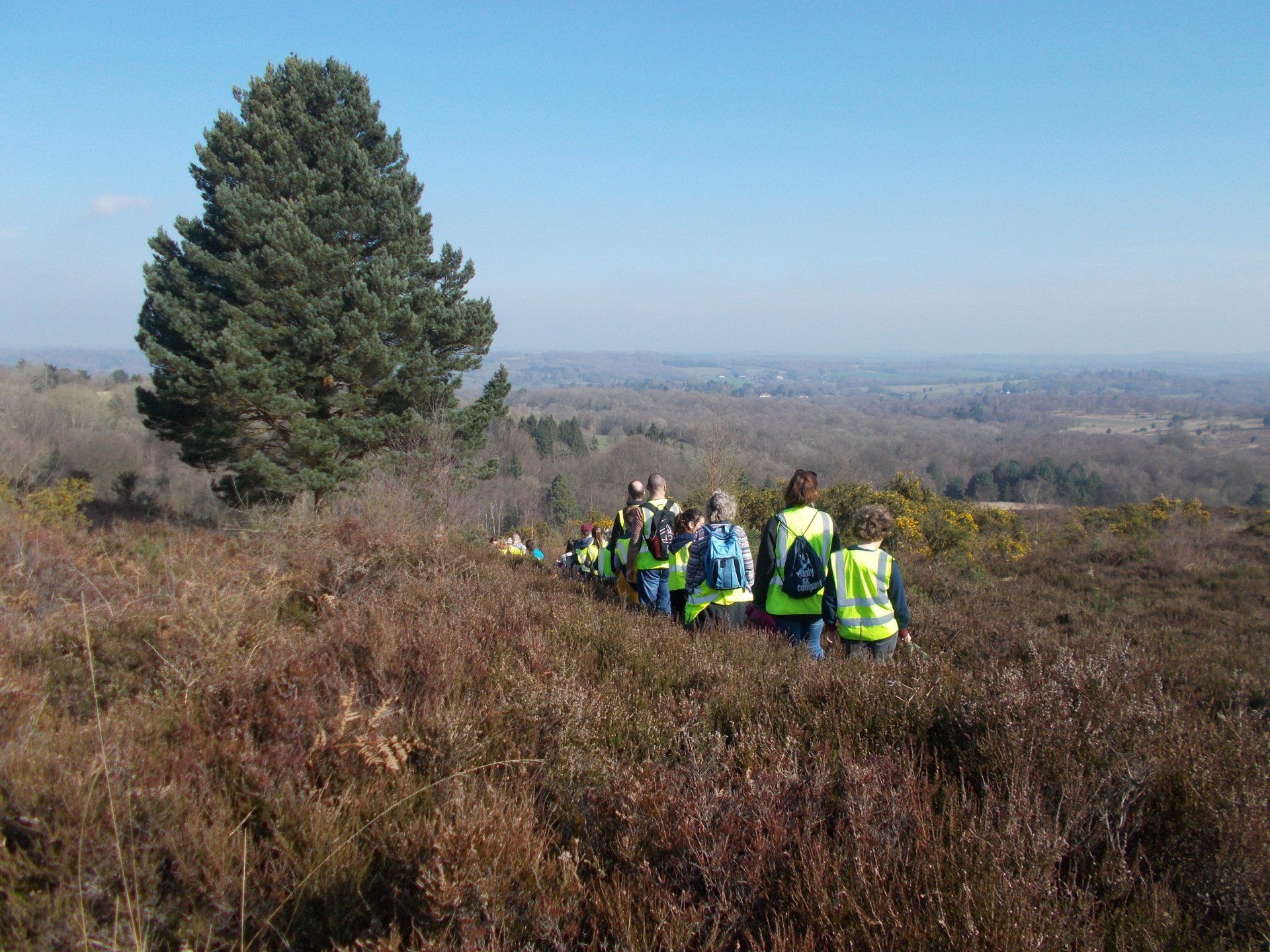Slide title
Geograhpy
Button
At Turners Hill C of E Primary, Geography is taught as part of our creative curriculum and where possible it links with the overarching topic theme of each term. For example in the topic ‘Rainforests and Mayans’ we study aspects of physical geography such as climate zones and biomes. Geography enables children to make sense of the complex and dynamically changing world that they live in. Our aim is for children to develop a natural curiosity about their immediate surroundings and the wider world, becoming more aware of people, places and environments. Our school moto contains the line 'Stewards of the Earth', with this at the core of our values, we ambitiously teach the children about their environmental impact in many of our topics.
Subject coverage is organised across the school through a two year knowledge cycle in KS2 and KS1, ensuring all National Curriculum objectives are taught by the end of each key stage. Topic themes roll over a four year cycle. When planning these units, teachers use a variety of resources to develop engaging and meaningful learning experiences that ensure progression and meet lesson objectives. Knowledge Organisers are used to help inform assessment.
Through their learning experiences, our children become confident in using their geographical skills to collect and communicate information, including drawing and interpreting maps. Fieldwork is used to enhance their experience. Children are encouraged to use questioning and enquiry to engage with Geography and learning is topical and meaningful.
Through our curriculum we intend to provide children with:
- An excellent knowledge of where places are and what they are like.
- An excellent understanding of the ways in which places are interdependent and interconnected and how much human and physical environments are interrelated.
- An extensive base of geographical knowledge and vocabulary.
- Fluency in complex, geographical enquiry and the ability to apply questioning skills and use effective analytical and presentational techniques.
- The ability to reach clear conclusions and develop a reasoned argument to explain findings.
- Significant levels of originality, imagination or creativity as shown in interpretations and representations of the subject matter.
- Highly developed and frequently utilised fieldwork and other geographical skills and techniques.
- A passion for and commitment to the subject, and a real sense of curiosity to find out about the world and the people who live there.
- The ability to express well-balanced opinions, rooted in very good knowledge and understanding about current and contemporary issues in society and the environment.
Downloads
-
National Curriculum for Geography Write a description for this list item and include information that will interest site visitors. For example, you may want to describe a team member's experience, what makes a product special, or a unique service that you offer.
National Curriculum for Geography List Item 1 -
Geography Progression Map Write a description for this list item and include information that will interest site visitors. For example, you may want to describe a team member's experience, what makes a product special, or a unique service that you offer.
Geography Knowledge Progression Map List Item 2

